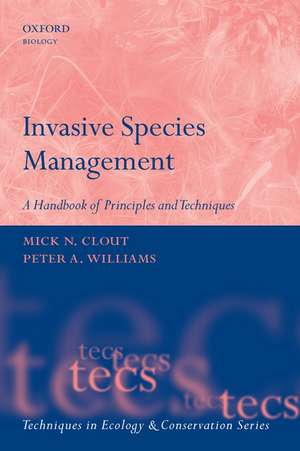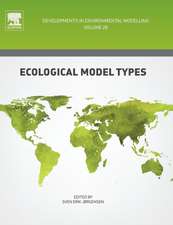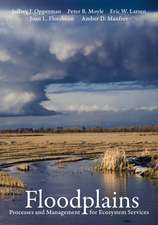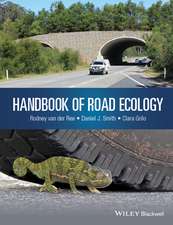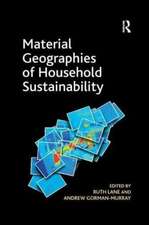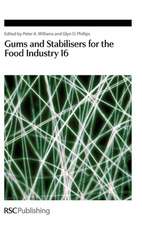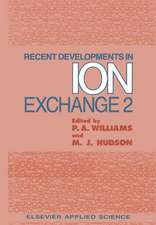Invasive Species Management: A Handbook of Principles and Techniques
Mick N. Clout, Peter A. Williamsen Limba Engleză Paperback – 30 iul 2009
Preț: 302.68 lei
Nou
Puncte Express: 454
Preț estimativ în valută:
57.92€ • 60.47$ • 47.93£
57.92€ • 60.47$ • 47.93£
Carte tipărită la comandă
Livrare economică 24-31 martie
Preluare comenzi: 021 569.72.76
Specificații
ISBN-13: 9780199216338
ISBN-10: 0199216339
Pagini: 330
Ilustrații: 50 black and white illustrations
Dimensiuni: 156 x 233 x 18 mm
Greutate: 0.58 kg
Editura: Oxford University Press
Colecția OUP Oxford
Locul publicării:Oxford, United Kingdom
ISBN-10: 0199216339
Pagini: 330
Ilustrații: 50 black and white illustrations
Dimensiuni: 156 x 233 x 18 mm
Greutate: 0.58 kg
Editura: Oxford University Press
Colecția OUP Oxford
Locul publicării:Oxford, United Kingdom
Recenzii
This volume is an excellent starting place for anyone interested in invasive-species management.
Useful and timely...Recommended.
There are several requirements of a handbook of techniques. There must be a clear explanation of the kinds of problems being faced; the methods used to approach the problems must be set out in a full but concise, logical, and easily comprehensible manner; any weaknesses in the method or difficulties in the interpretation of results need to be assessed. This handbook succeeds on all three counts.
Useful and timely...Recommended.
There are several requirements of a handbook of techniques. There must be a clear explanation of the kinds of problems being faced; the methods used to approach the problems must be set out in a full but concise, logical, and easily comprehensible manner; any weaknesses in the method or difficulties in the interpretation of results need to be assessed. This handbook succeeds on all three counts.
Notă biografică
Mick Clout is Professor of Conservation Ecology at the University of Auckland. Originally from the UK, he is a vertebrate ecologist and has worked on a range of invasive mammals and threatened native birds. He established the Invasive Species Specialist Group of SSC/IUCN and led it for 15 years. His primary research speciality is the ecology and behaviour of vertebrates, but he has broad interests in applications of ecological science to national and international problems in conservation and biodiversity management. He has received many awards, including the Sir Peter Scott Award for Conservation Merit (2008), the Charles Fleming Award for Environmental Achievement (2007), and the NZ Ecological Society Award for Ecological Excellence (2007).Peter Williams began his research career in the New Zealand mountains. Following his masters degree and PhD he published on aspects of the country's tall-tussock grasslands, followed by several first accounts of alpine flora and vegetation of South Island mountains, and vegetation surveys throughout the country. Since the 1980s he has researched and published on many aspects of the ecology and management of invasive plant species, including their history of introduction, their role in vegetation succession, their impacts on native biota, their avian and mammalian dispersers, and their population dynamics. He is passionate about applying his understanding of biological invasions and as a result he has had a major influence on the management of weeds in New Zealand, from central Government agencies to local community groups. This work has made him well known internationally amongst the community of invasive species scientists and managers.
